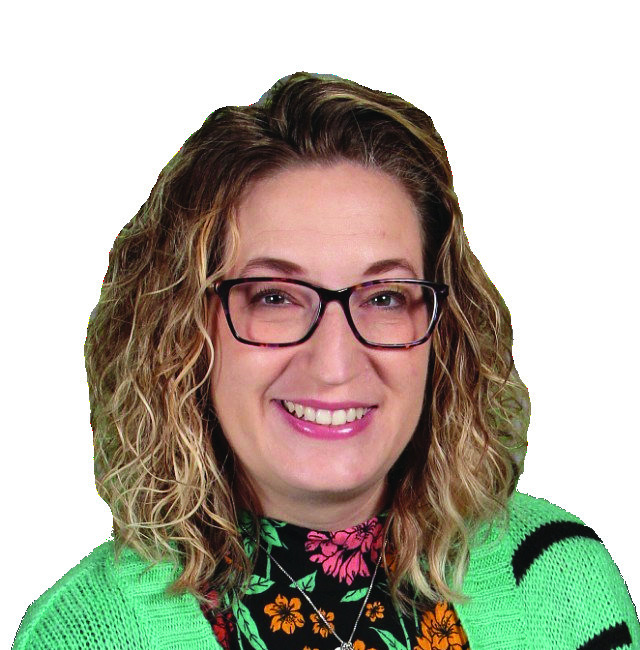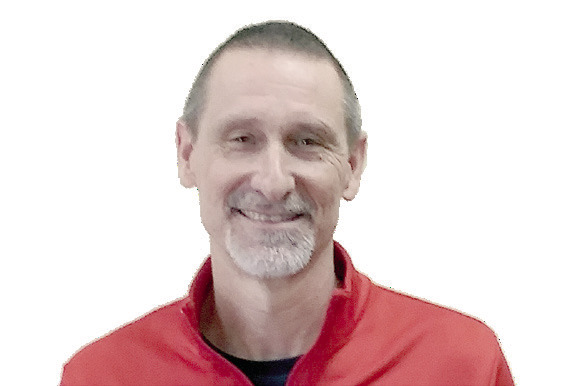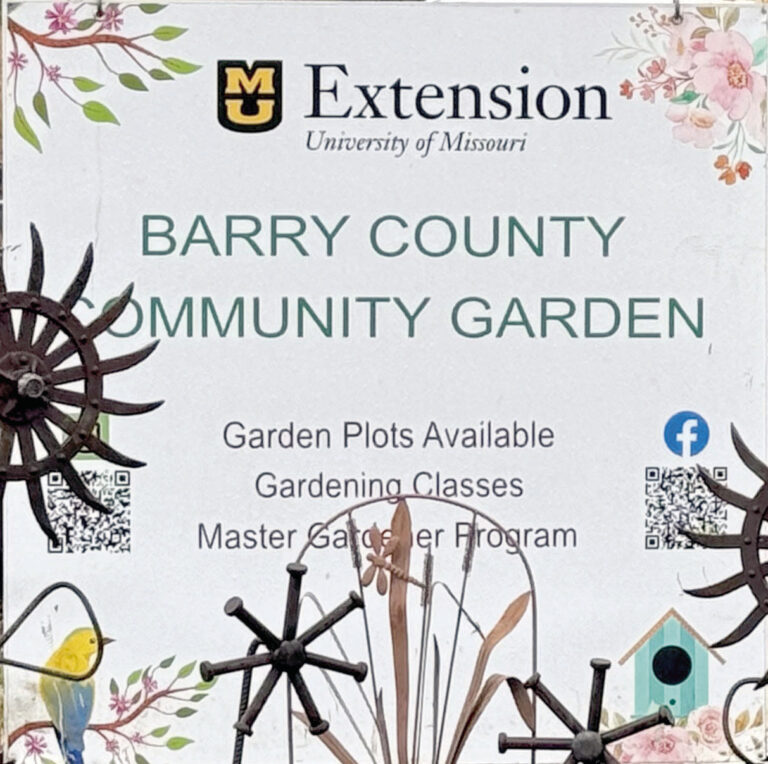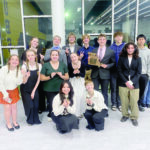Michelle Hilburn: Realizing the importance of science of reading strategies

As I enter my 19th year in education, I have experienced a number of shifts in the profession which include new strategies, new requirements, and new evidence to study.
The most recent literacy education approach adapts learning strategies to align to the science of reading.
When I first learned that school districts were transitioning to the science of reading methods, I researched and studied the approach because, not only am I an educator, I am also a parent. I wanted to know what strategies were going to be used with my students and children and if adapting our practices was a worthwhile endeavor.
I watched the documentary, The Right to Read, which discussed the science of reading. It told the story of reading instruction through the eyes of a former educator turned civil rights activist, an elementary teacher working to teach reading skills to her students, and two families fighting to provide their children the best educational opportunities possible.
I learned that the reading strategies that have been utilized are different from what evidence has proven to be effective. The science of reading combines the most successful practices in reading instruction and is centered on phonemic awareness, phonics, vocabulary, fluency and comprehension.
Phonemic awareness is the ability to hear and manipulate sounds in words and understanding how the sound changes when one letter is changed to another. Phonics is teaching the sound that letters make both individually and together. Vocabulary is the words that a person knows. Fluency is the ability to read with proper speed while pronouncing words correctly and understanding how to use expressional tone to convey meaning. Comprehension is being able to recall what happened in a text after you read it.
Learning how to read is a right and being able to read helps determine
a person’s future successes. It is often underestimated how important reading is to a person’s life. Daily life skills such as doing laundry and cooking require basic reading skills. Driving, completing job applications and housing paperwork such as rental agreements, and written communication with a child’s teacher requires reading skills.
The ability to read opens the door to success while a lack of reading skills closes the doors to a variety of opportunities.
The bulk of my teaching experience is in the high school classroom and even though I have three college degrees, my educational training did not include teaching a student how to read. Before watching the documentary, I assumed that students were being taught to read the way I had when I was a child. Reading instruction has changed greatly since then, however, the fundamental skills remain.
As I watched, so many of my past experiences with students and my children finally made sense. It explained why many of my former high school students read at much lower reading levels than expected at their age. I understood why my own children struggled with reading at times and what gaps existed in their reading skills. It helped me to see that a change in reading instruction was essential to helping students succeed in their future endeavors.
The documentary was an eye opening experience for me. I never fully understood the importance of implementing the science of reading strategies until I watched it.
The state of Missouri now requires schools to test students’ reading skills in grades kindergarten through third grade. Students who have deficiencies in reading or who show characteristics of dyslexia are provided a reading success plan and participate in more intensive reading instruction using science of reading learning strategies.
This is a positive change in a student’s educational experience. Receiving specialized instruction to fill students’ learning gaps will help them to better reach their educational goals. Implementation of the science of reading strategies will strengthen the reading curriculum and help provide students with the knowledge they need to experience reading success.
As educators, it is our duty to help students succeed in school and their future endeavors. When we know better, we do better. Reflecting and refining our educational practices shows our commitment to students and demonstrates our desire to do what is best for our students. The science of reading is what is best for our students. We are building a great future one letter and sound at a time.
Michelle Hilburn is president of the Southwest Region of School Librarians, on the Board of Directors for the Missouri Association for School Librarians, a board member of Cassville Area Friends of the Library and a librarian at Purdy schools. She may be reached at mhilburn@purdyk12. com.






